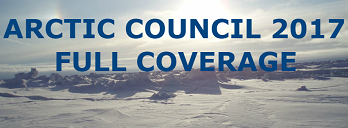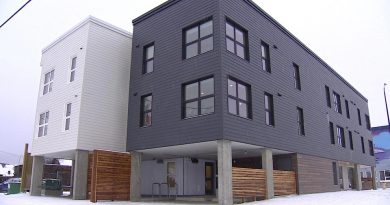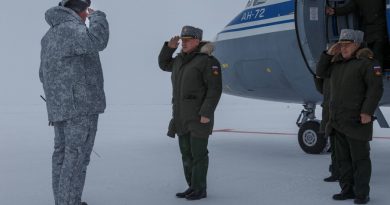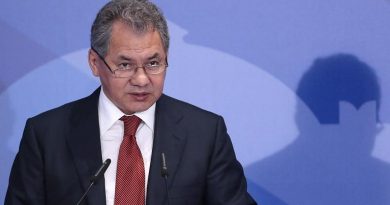Establishment of Álgu Fund marks new beginning in Arctic Council, indigenous peoples say
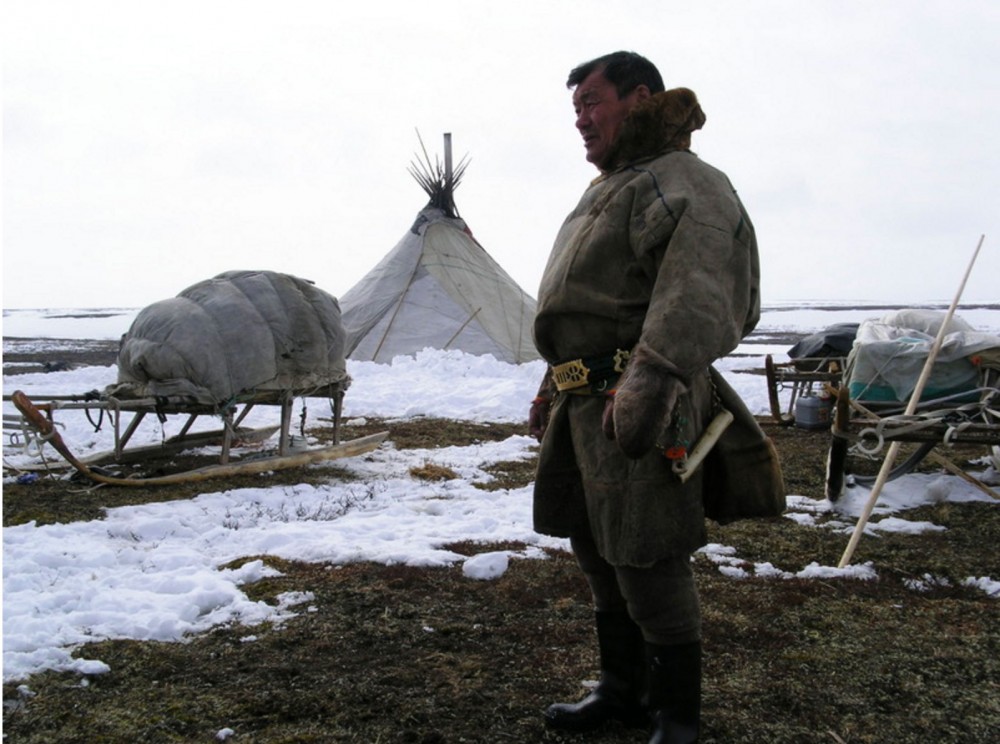
The financial instrument is to help indigenous groups raise resources for involvement in decision-making and participation in the Arctic Council.
The Álgu Fund is a charitable foundation formed on the belief that decisions made about the Arctic should be shaped by those who have lived there since time immemorial and be inclusive of their cultures, traditions, and knowledge, a press release from the Arctic Council Indigenous Peoples Secretariat reads.
Álgu means “beginning” in the Sámi language.
The formal documents on the creation of the fund were signed by representatives of the Aleut, Athabaskans, Gwich’in, Sámi, and over forty Russian Indigenous nations, ahead of this week’s summit in Fairbanks, Alaska.
«Our goal is to build the Álgu Fund’s endowment to providing stable, predictable, and reliable funding to our organizations,» says Jim Gamble of Aleut International Association, who will serve as the inaugural Chair. «These resources will strengthen our capacity to participate fully, consult with communities meaningfully, and undertake the research necessary, to shape circumpolar policymaking about our Arctic home».
The objective is to raise $30 million for the fund.
The Indigenous Peoples Secretariat
The establishment of the new financial mechanism has been in the process over the last year and was a key issue also in a Arctic Council SAO plenary session in Portland, Maine, October 2016.
«We believe that this [Fund] adequately reflects the goal of the Permanent Participants: a new beginning for our organizations to fully take advantage of and contribute to the unique opportunity that comes with Indigenous participation within the Arctic Council», the Indigenous Peoples Secretariat, a part of the Arctic Council, underlined in that meeting.
The Indigenous Peoples Secretariat (IPS) includes six Arctic Indigenous organizations. It holds Permanent Participant status in the Arctic Council.
The members of the IPS are: the Aleut International Association, the Arctic Athabaskan Council, the Gwich’in International Council, the Inuit Circumpolar Council, the Russian Association of Indigenous Peoples of the North (RAIPON) and the Saami Council.
Related stories from around the North:
Canada: Arctic nations sign scientific cooperation agreement, Radio Canada International
Denmark/Greenland: Q&A: Impact assessments in the Arctic – What Canada and Greenland can learn from each other, Eye on the Arctic
Finland: Arctic Council presents united front as Finland takes over from U.S., Eye on the Arctic
Iceland: Indigenous Peoples’ knowledge can help us prevent climate changes says Ban Ki-moon, The Independent Barents Observer
Norway: Repressive policy deprived Sámi people of language, culture : Norway’s prime minister, The Independent Barents Observer
Russia: Canadian researchers count on Siberian reindeer herders to solve archaeological mystery, Radio Canada International
Sweden: Treatment of Sami people among Swedish shortcomings : Amnesty International report, Radio Sweden
United States: U.S. ends Arctic Council chairmanship with reluctance on climate action, Alaska Dispatch News
The Arctic Council chairmanship moves from the United States to Finland on May 11, 2017 in Fairbanks, Alaska. Eye on the Arctic’s Eilís Quinn along with EOTA media partners and contributors will be bringing you stories, interviews and analysis leading up to the handover.
→ Read our full coverage here!

